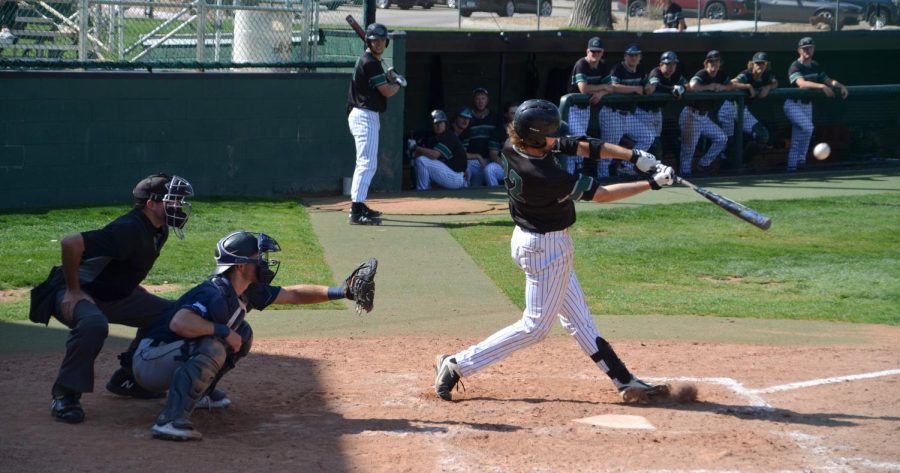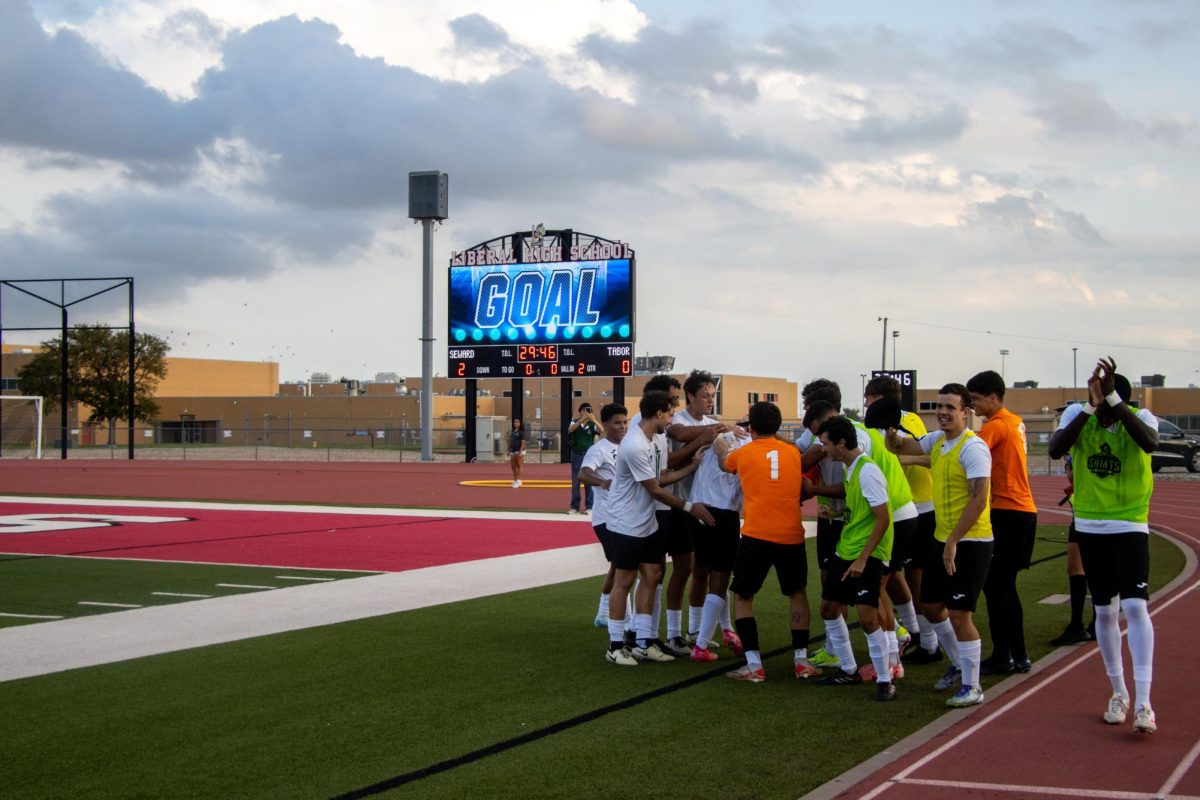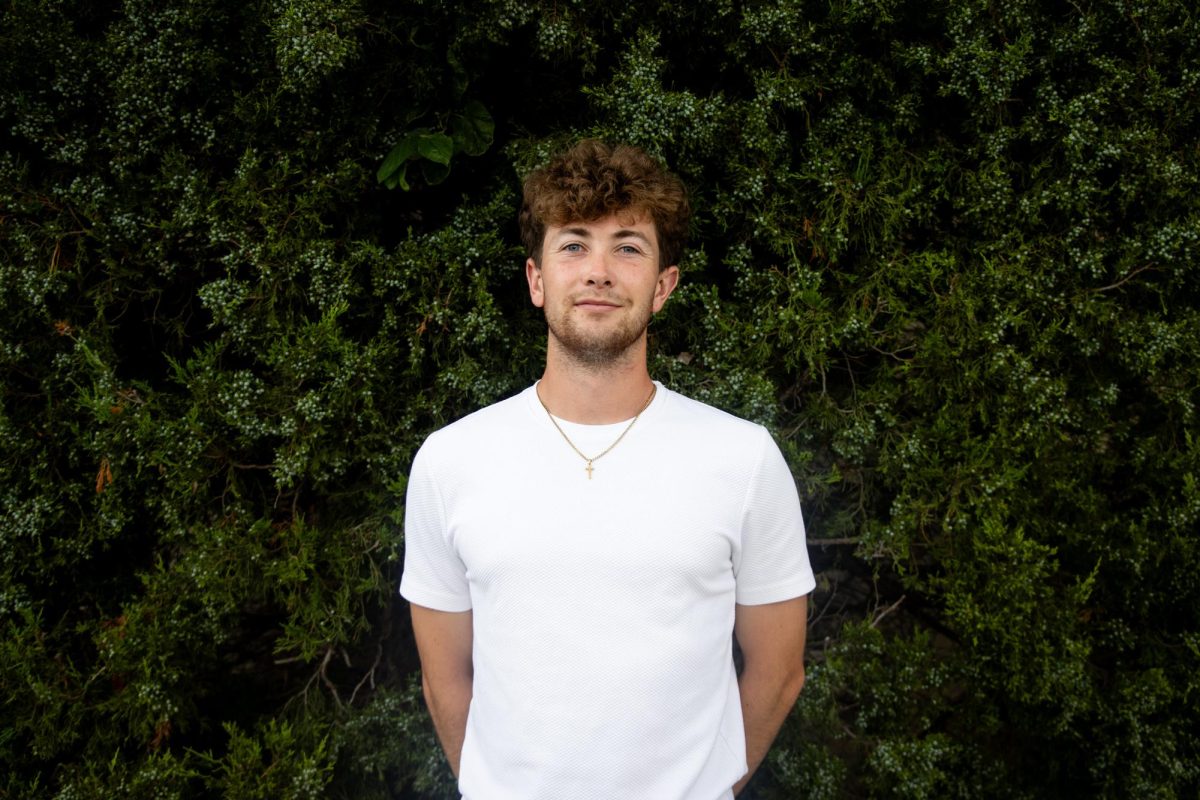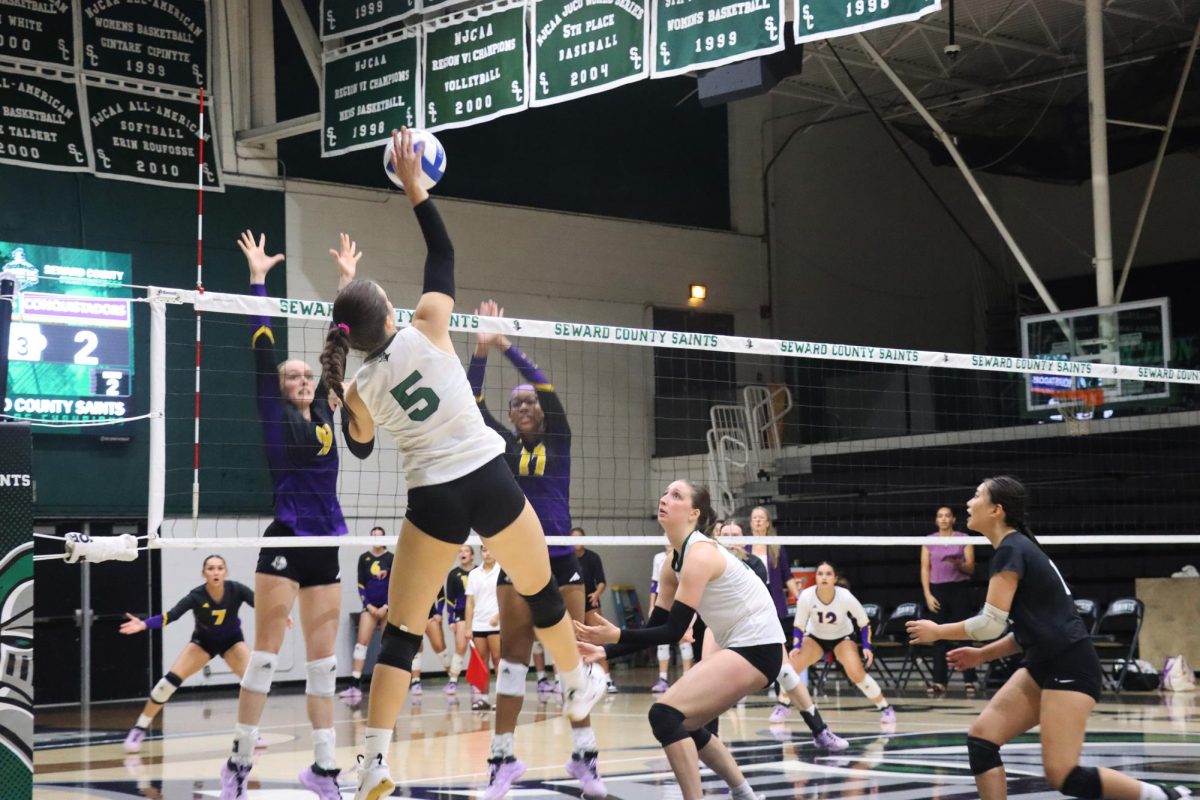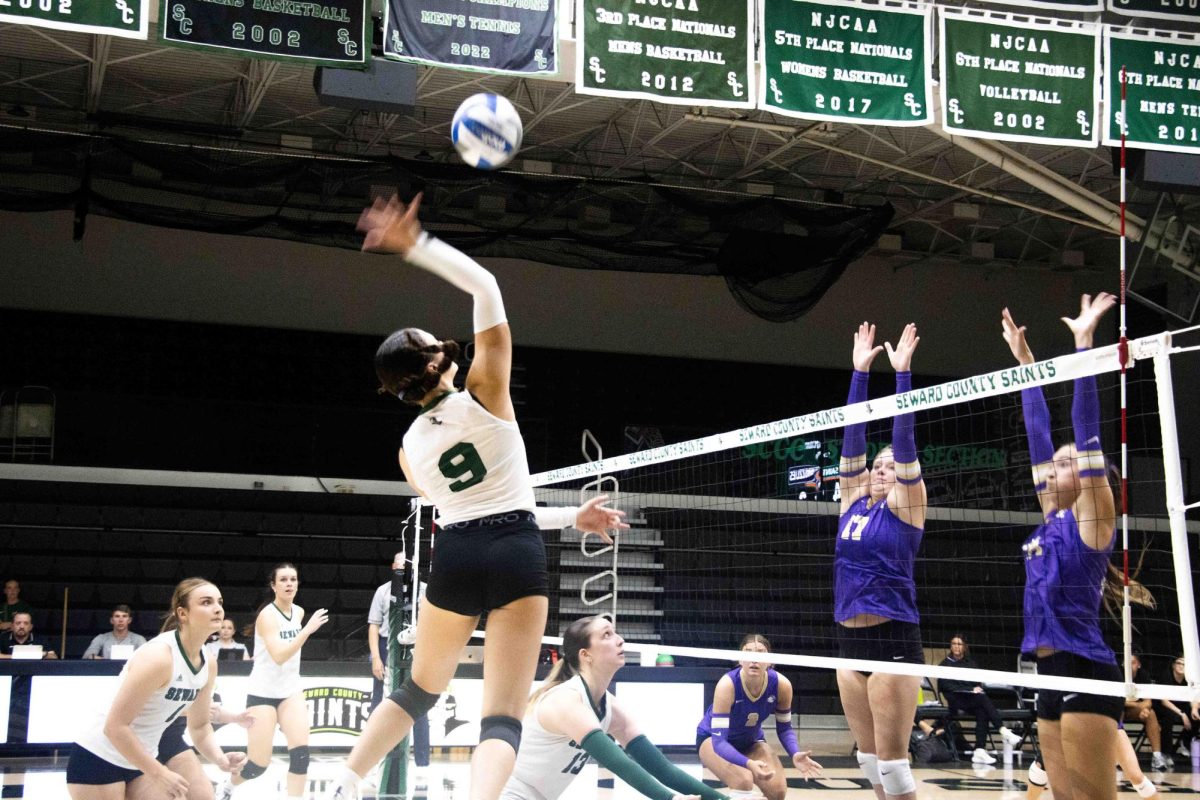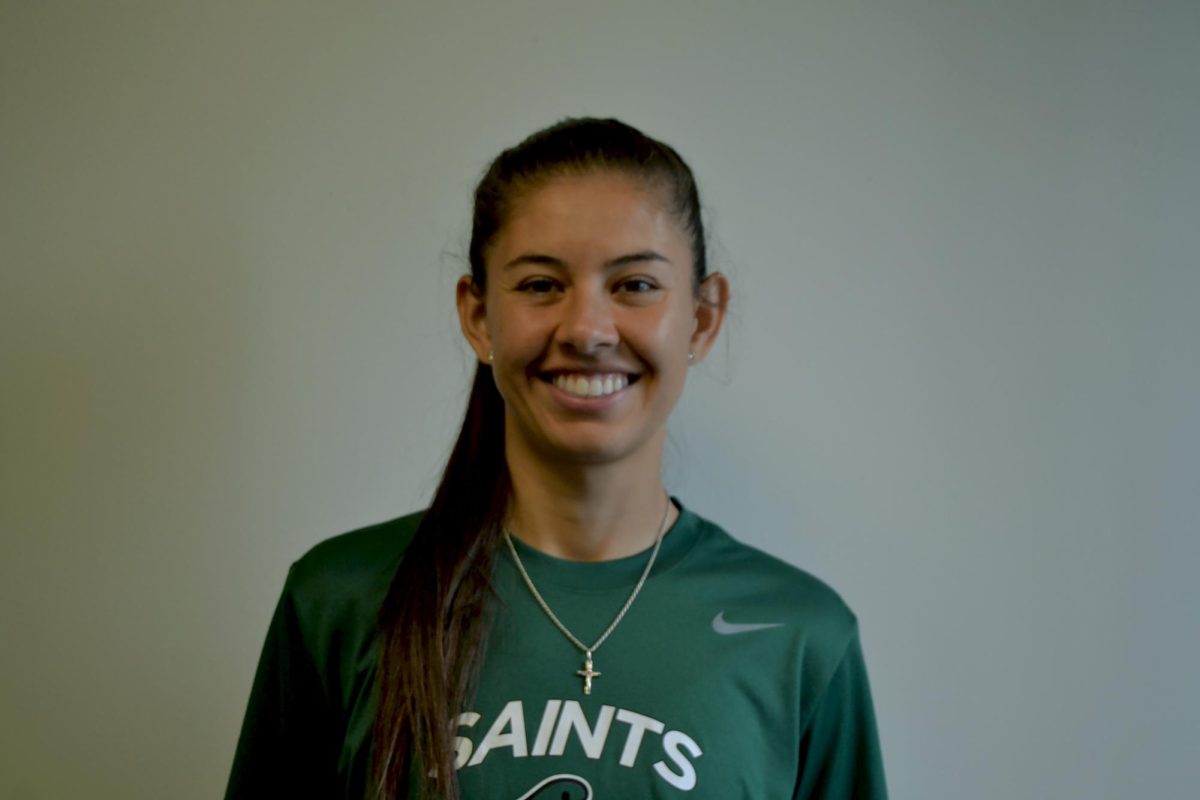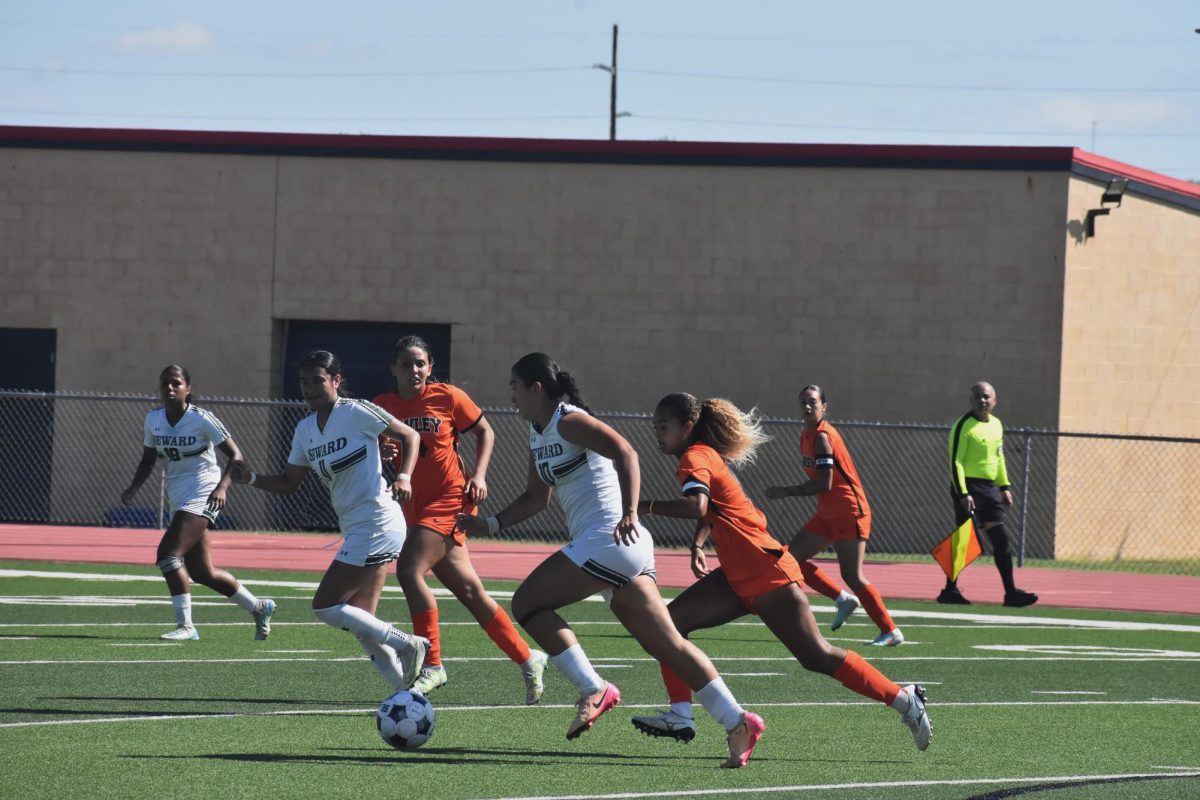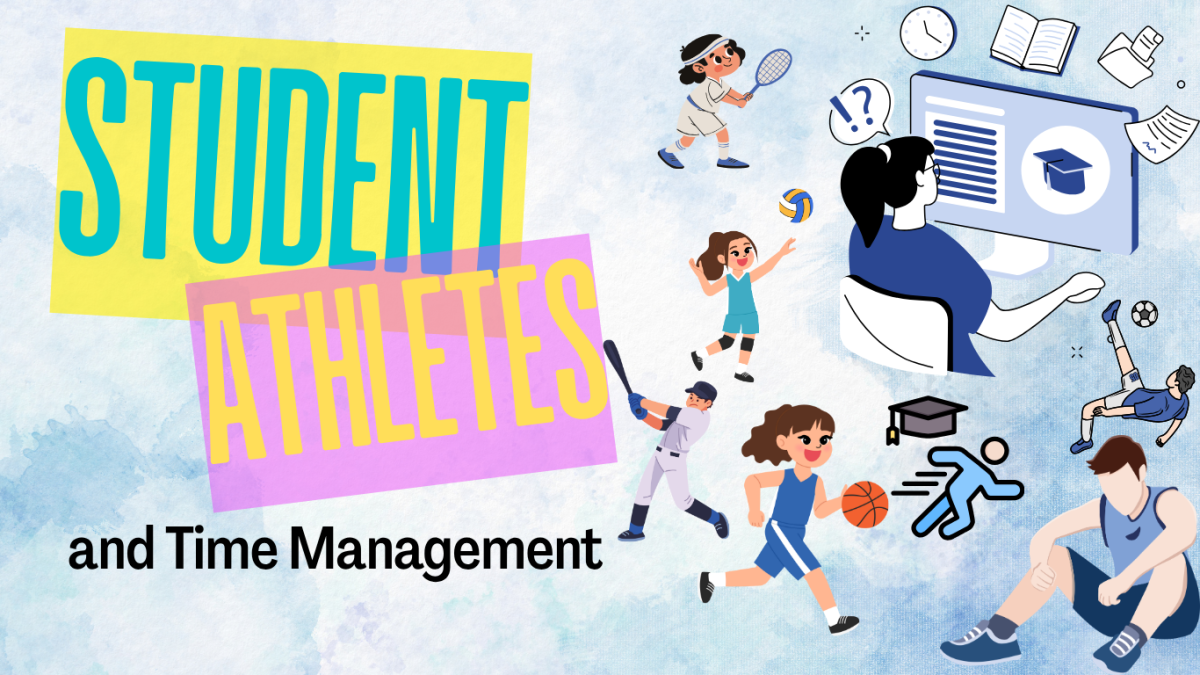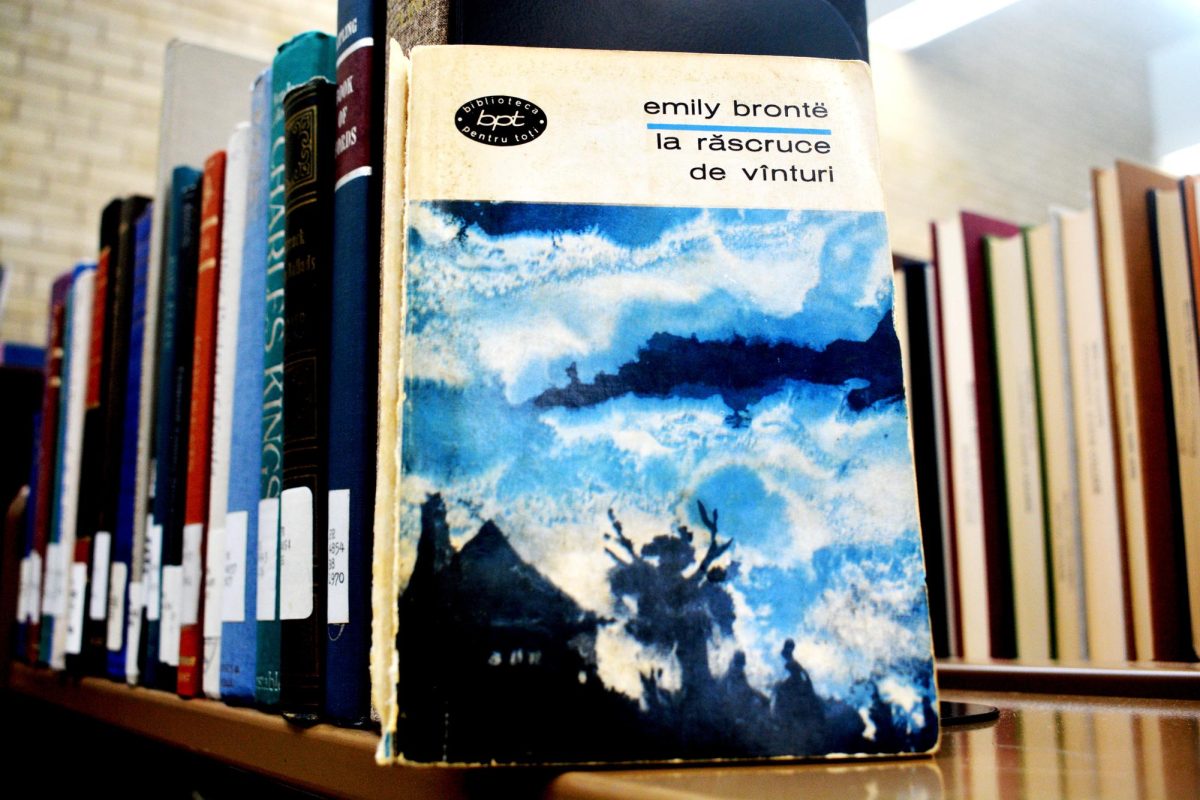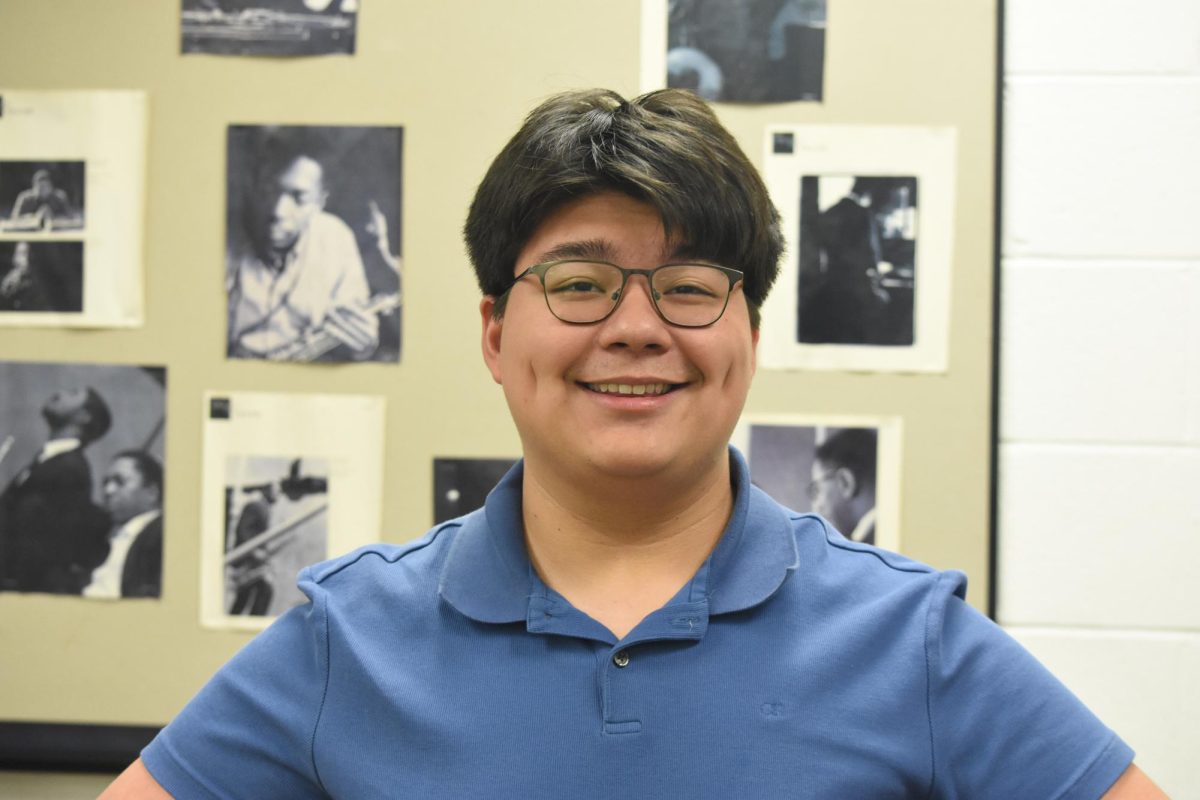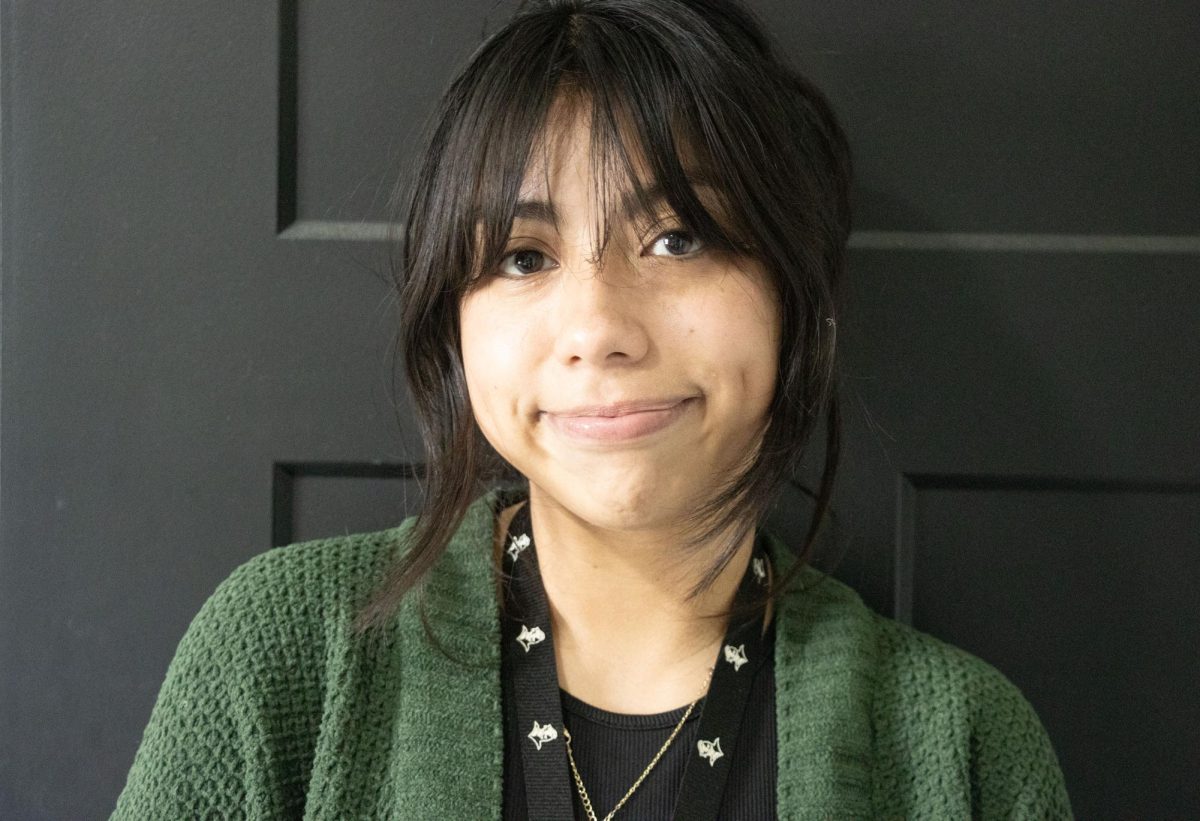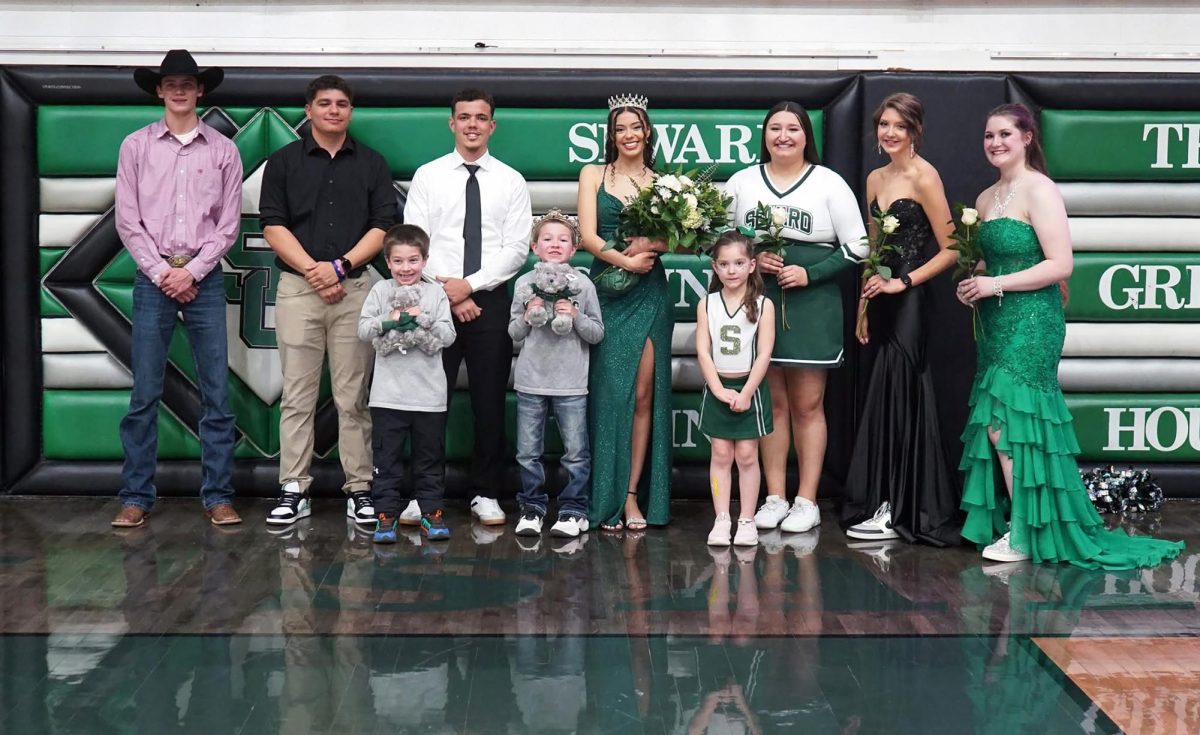Seward County Community College’s director of marketing and public relations, Rachel Coleman, is also a history student on campus.
As such, she presented her paper “Division and Reunification: Responses to Communism in Korea and Germany,” at the annual Kansas Association of Historians at Emporia State University and received the only award given in any category selected in undergraduate projects.
Each year, the KAH provides scholars, students, teachers and lovers of history with a conference that allows attendees to present research papers for cash prizes.
Coleman said one of the reasons she decided to enter the contest was to represent Seward.
“I’m proud of the level of instruction and achievement we have here, not just as an employee but as a student,” Coleman said.
Social science instructor Gary Damron encouraged Coleman as well. “What she did was pretty
unique, and I think she was kind of surprised that she won.”
Damron explained that often people’s papers are too detailed with one topic that “it just kind of bores you to death.” Or, on the contrary, the topic will be “so broad and general that it doesn’t really say anything.” But Coleman’s paper was neither.
Damron described Coleman’s perspective of the world as “brilliant” and explained that Coleman has had so many connections with so many parts of the world that she brings tremendous life experience into her work.
Coleman traveled in Germany in 1990 before Germany reunified, and she had always been interested in how Germany handled its immigration problem, “because it’s very similar to the immigration problem we have here in Kansas.”
Coleman’s oldest daughter is currently in South Korea for a semester of study. “It’s been really interesting to hear her reports about how race is such a big deal in Korea.”
Both topics were fascinating to Coleman and she followed that “rabbit trail” and wrote her paper.
At the KAH conference, Coleman, along with other attendees, had the opportunity to hear other papers.
Papers presented ranged from student protests at Washburn in the ’70s, when a black candidate was denied to be a part of the homecoming queen contest, to papers about long range shooting and how it’s changed military conflicts in history.
Awards are also not always given at the conference. Coleman explained that “they want a particular kind of thing.” Her paper evidently left an impression.
“It was just so enjoyable to be in an environment where everyone who was there really wanted to be there and was excited about what they had been learning and wanted to share that with other people,” Coleman said.
Coleman also shared that the people involved with the KAH conference are very fond of Damron. In fact, he was reelected to the executive committee for a second term.
Coleman hopes students will enter the competition in the future. “I came back feeling so affirmed and inspired.”
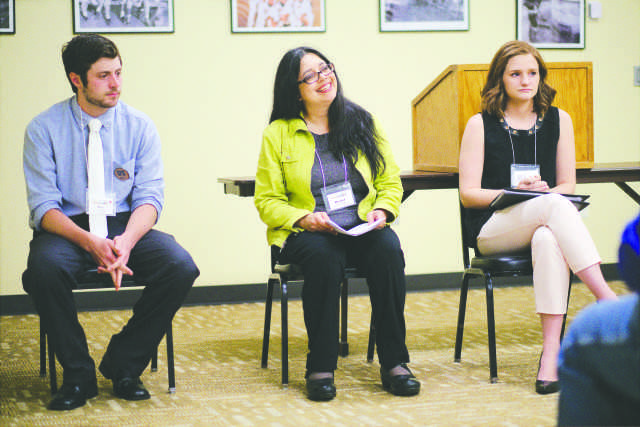
Rachel Coleman ready to present her paper, “Division and Reunification: Responses to Communism in Korea and Germany” at the Kansas Association of Historians gathering at Emporia State University.

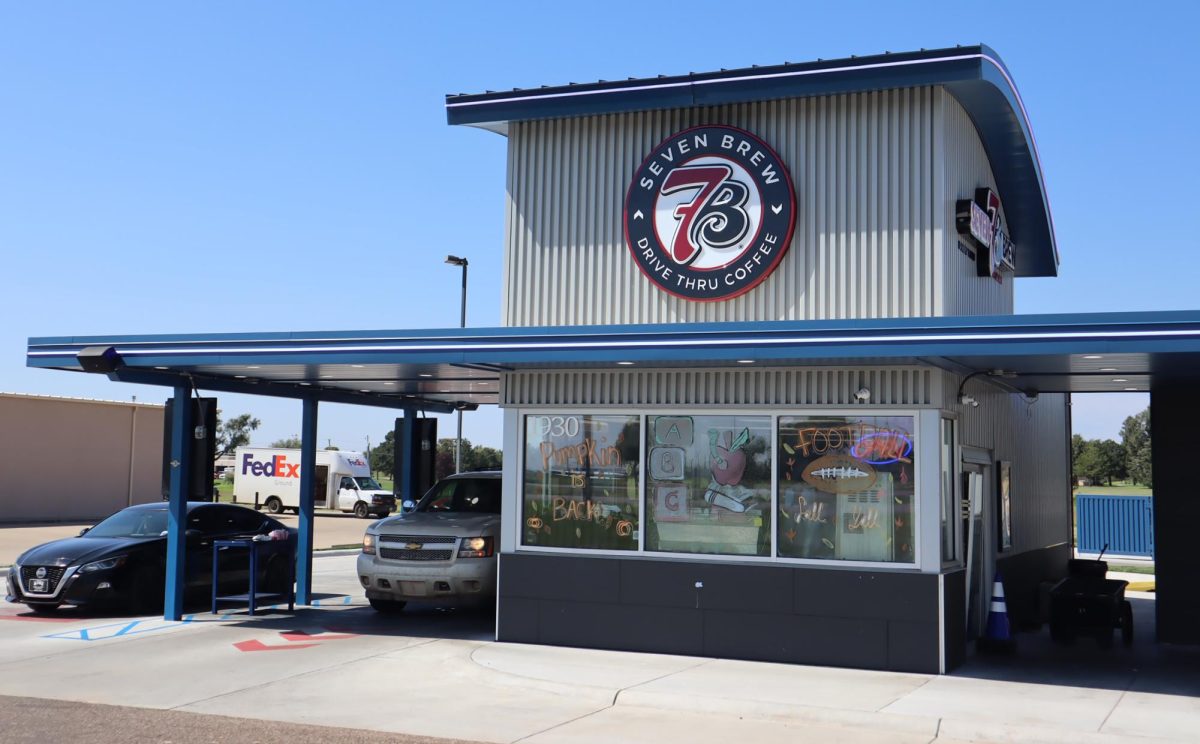
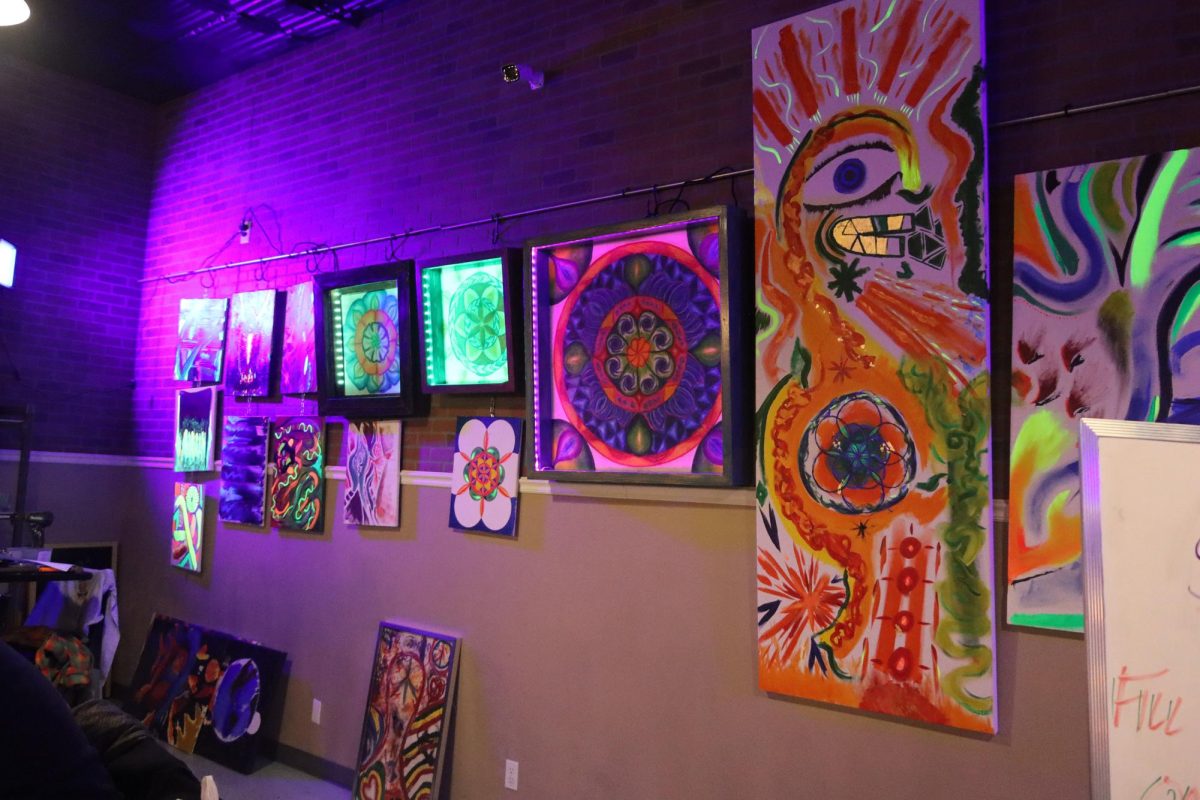

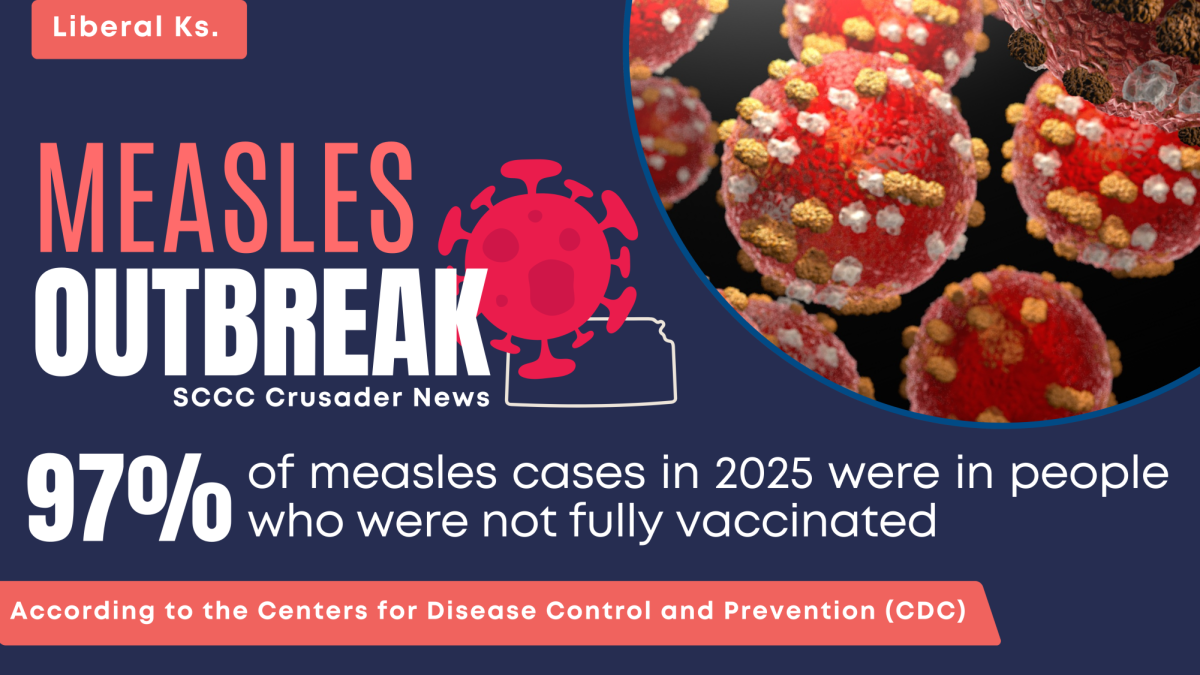
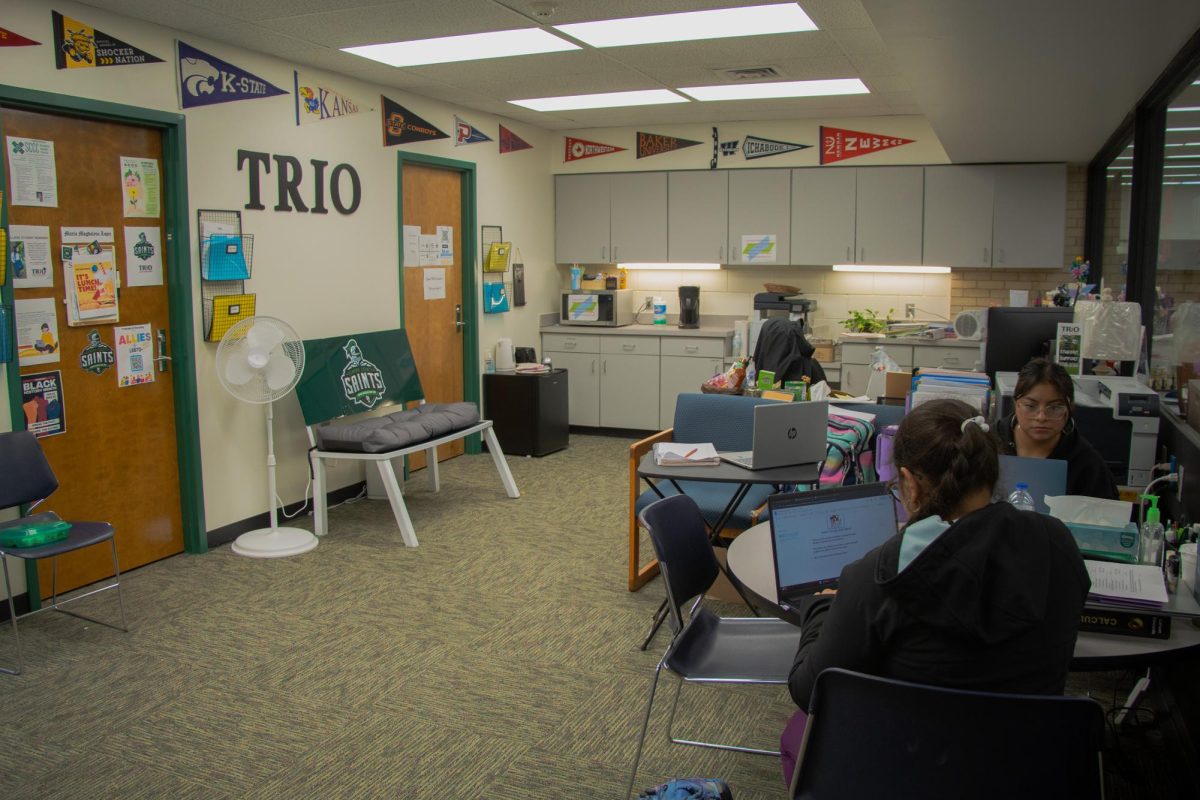








![The sophomores were recognized on the field instead of walking across the stage during their doubleheader. They received their diplomas and a picture of themselves playing during their career at Seward. [Pictured left to right are Dylan Day, Reed Thomas, Jase Schneider, Mason Martinez, Gannon Hardin, Brody Boisvert, and Zach Walker]](https://crusadernews.com/wp-content/uploads/2022/05/WEBDSC_0275-900x454.jpg)
